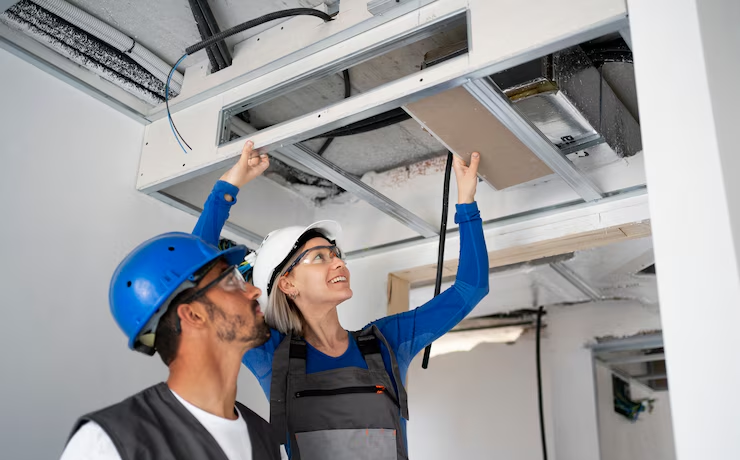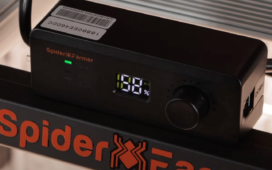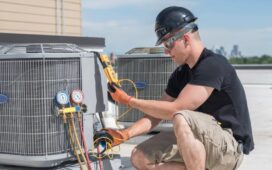In recent years technological enhancements have grown rapidly and this has not left the Heating, Ventilation, and Air Conditioning (HVAC) business behind. Today’s HVAC systems have evolved to be more complex, efficient, and sustainable, changing the approach to comfort in homes. In this article, current advancements in HVAC technology are discussed and its impact on future home comfort is examined.
1. Smart Thermostats and Smart Home Automation
Smart thermostats and home automation, already becoming universal, are changing the HVAC environment. These devices help the homeowner to adjust the HVAC system by learning from their smartphones or other smart devices. Smart thermostats have features such as learning algorithms that help them understand occupancy and geographic location, geofencing, and voice control to help control the temperatures supplied and demanded. In addition to this, it provides comfort and minimizes energy utilization and expenses by a large margin.
2. Energy Efficiency and Sustainability
Energy efficiency remains a leading focus of technology innovation in heating, ventilation, and air conditioning (HVAC). Computer science systems are more efficient in their utilization of energy than their older counterparts while offering higher levels of functionality.
New designs like variable speed compressors, high-efficient heat pumps, and enhanced refrigerants make use of less electricity and result in less carbon emissions. Further, new technological applications such as the implementation of solar-based AC system solutions and heating systems are slowly emerging as sustainable solutions for heat and refrigeration.
3. Advanced Air Quality Management
This quality refers to the air quality inside homes, which is also an important contributor to home comfort and well-being. New HVAC trends are still related to air quality since healthier is known to be a top priority of people when choosing a heating and cooling system, with such elements as better filters, air purifiers, and ventilation systems.
Such systems are capable of trapping and filtering pollutants, allergens, and pathogens to make the indoor environment clean and healthy to breathe. A few of today’s HVAC systems include mechanisms that constantly measure air quality and tweak set points accordingly to maintain the highest level of cleanliness.
4. Integration with IoT and AI
The IoT and AI are pushing the HVAC industry into the future by introducing advanced technologies into the system. Smart HVAC systems with embedded IoT tech can interact with other smart devices, hence providing a connected home experience. Recognizable targets are AI algorithms working with data from different sensors and user inputs to predict and define heating services and cooling requirements. This capability of predictive maintenance enables one to notice some probable occurrences that may hinge for a long time and cause inefficiencies to note bad operations in advance.
5. Zoned HVAC Systems
Individual-zoned HVAC systems regulate temperatures in various zones of the home to achieve optimal comfort and efficiency. When the house is divided by the various sections which have its thermostat the area can be heated or cooled to the preferred level of comfort. Such localized control also eliminates the wastage involved in heating or cooling empty spaces, proving to be quite economical along with offering optimum comfort.














